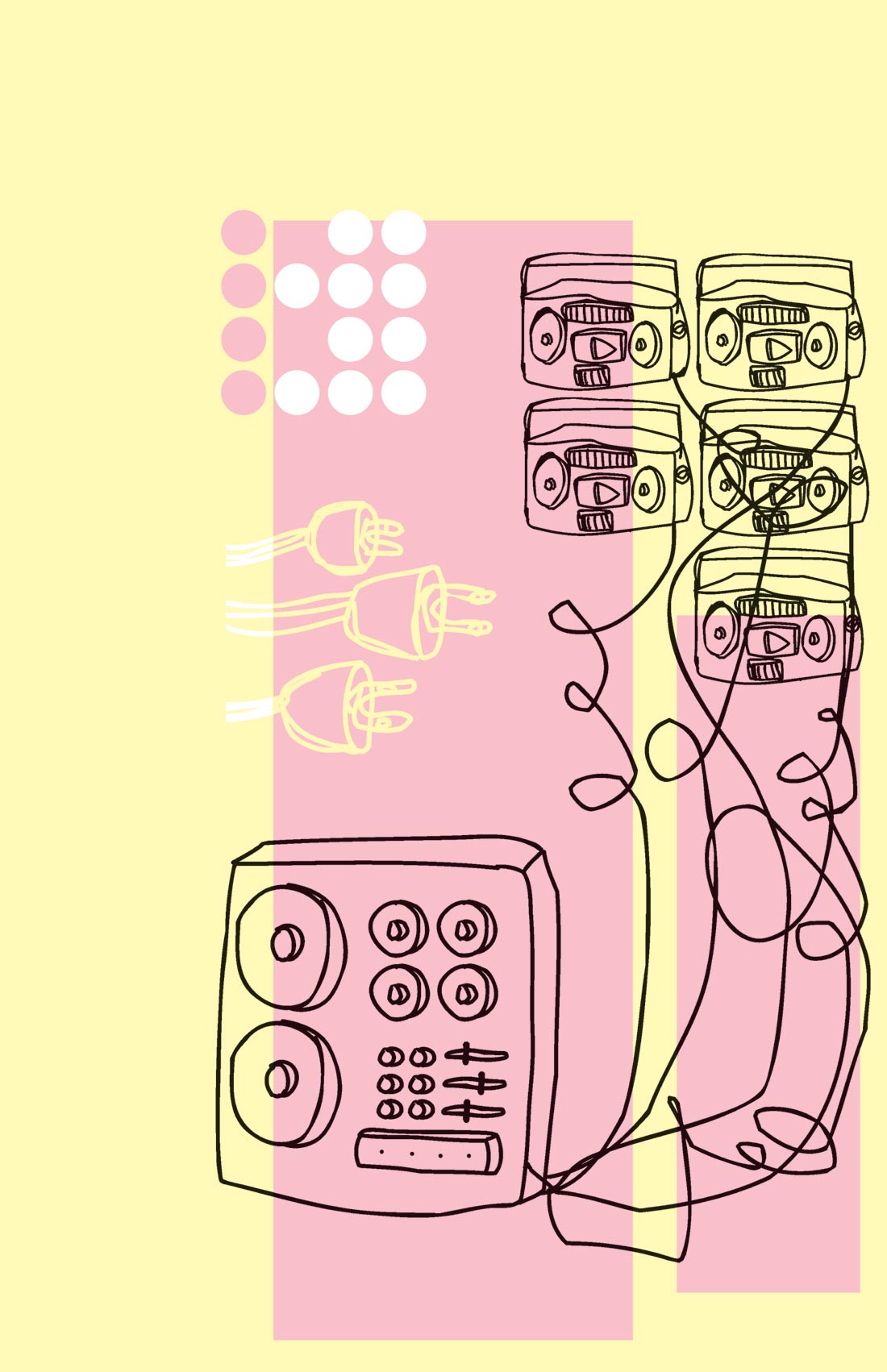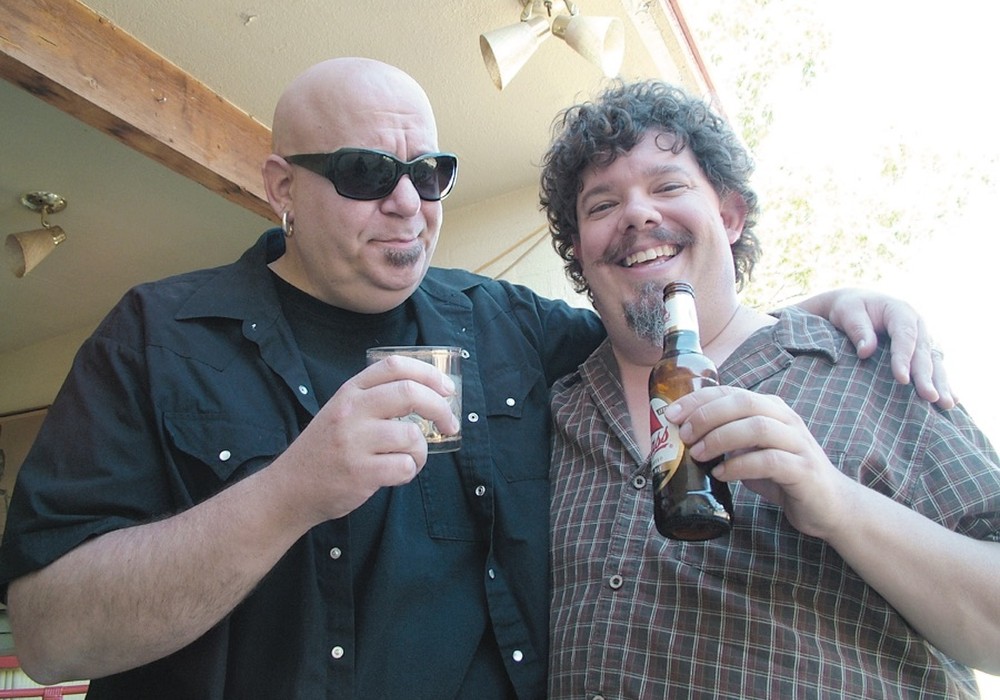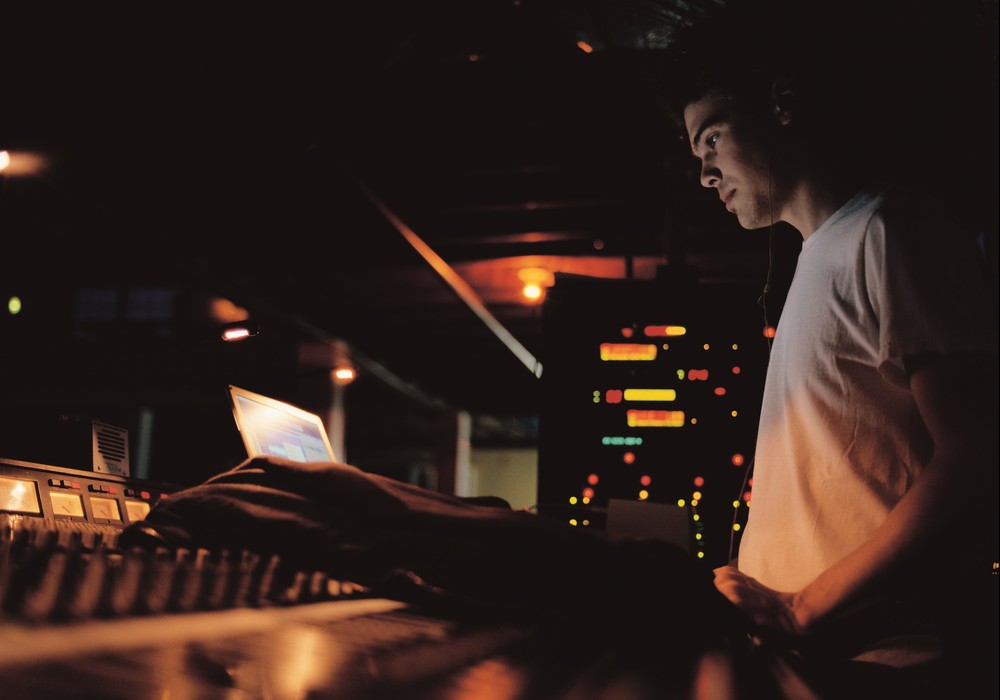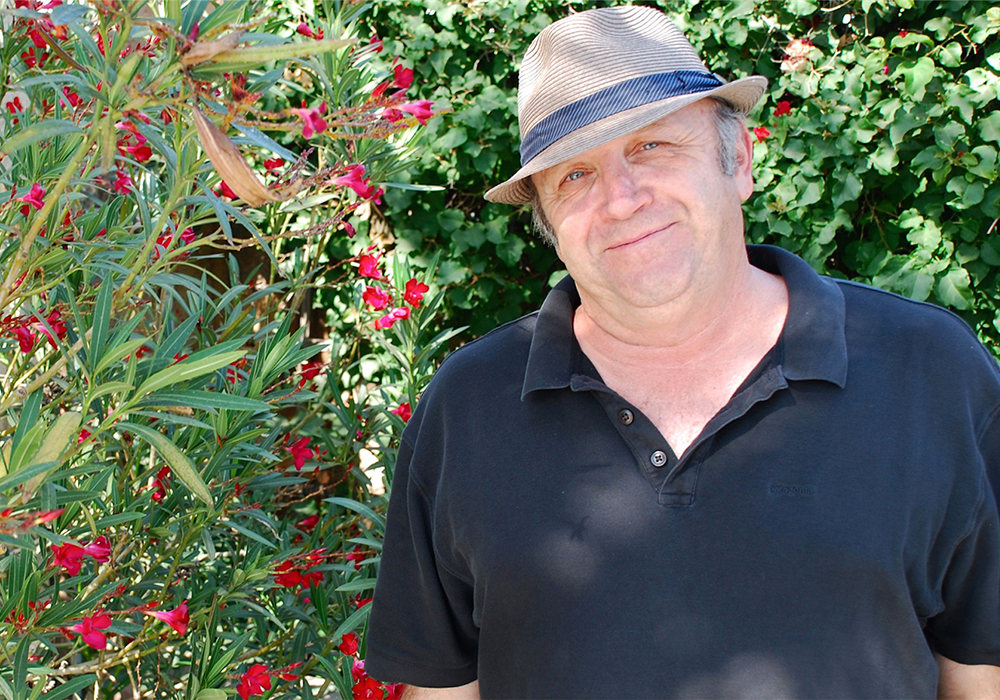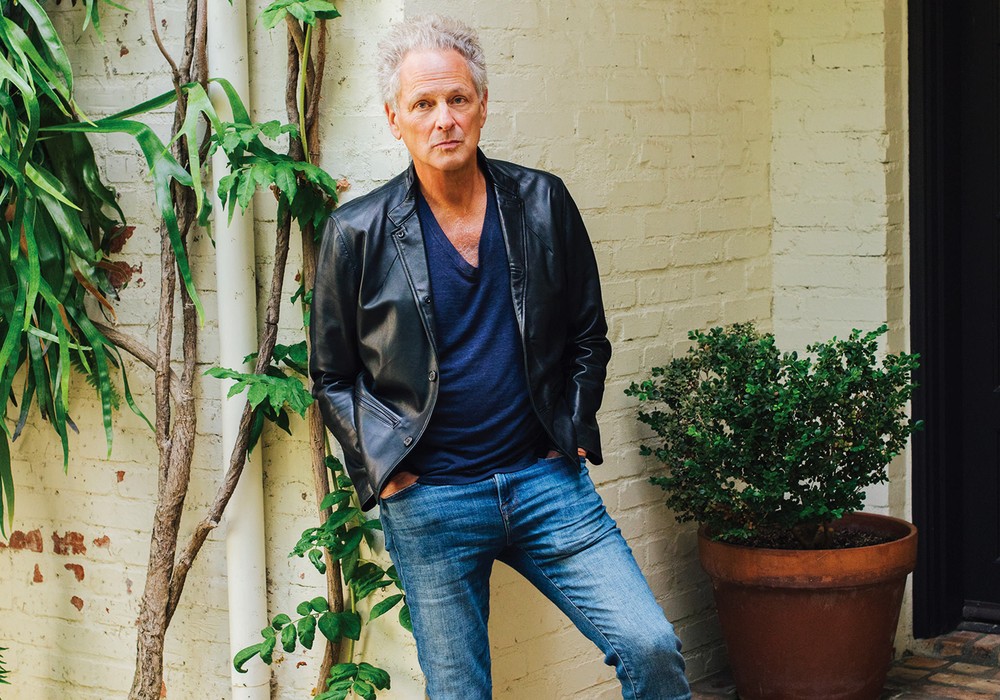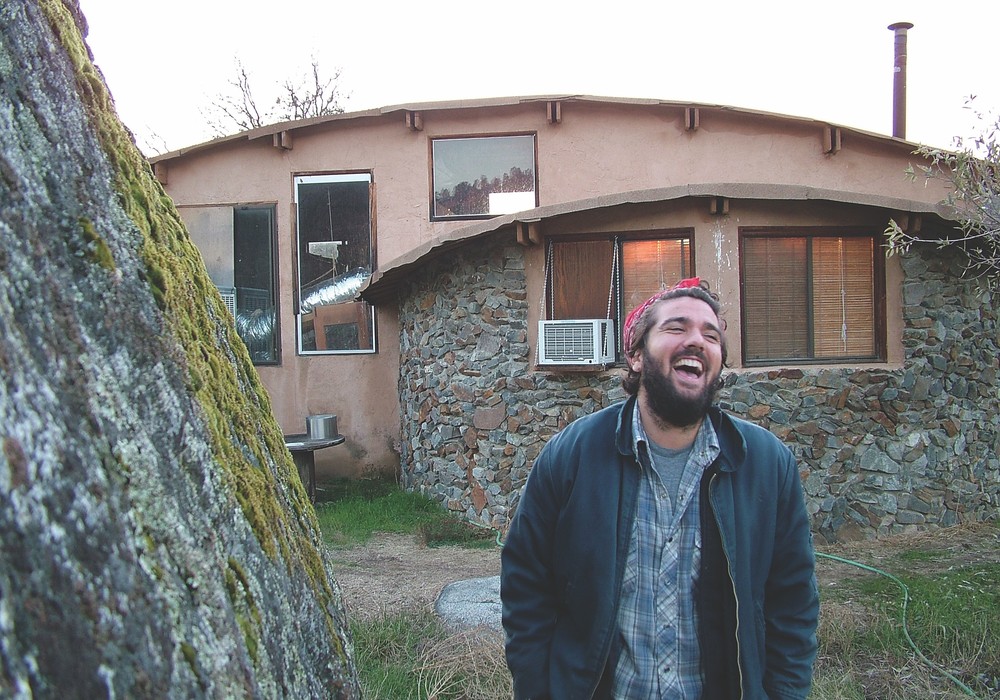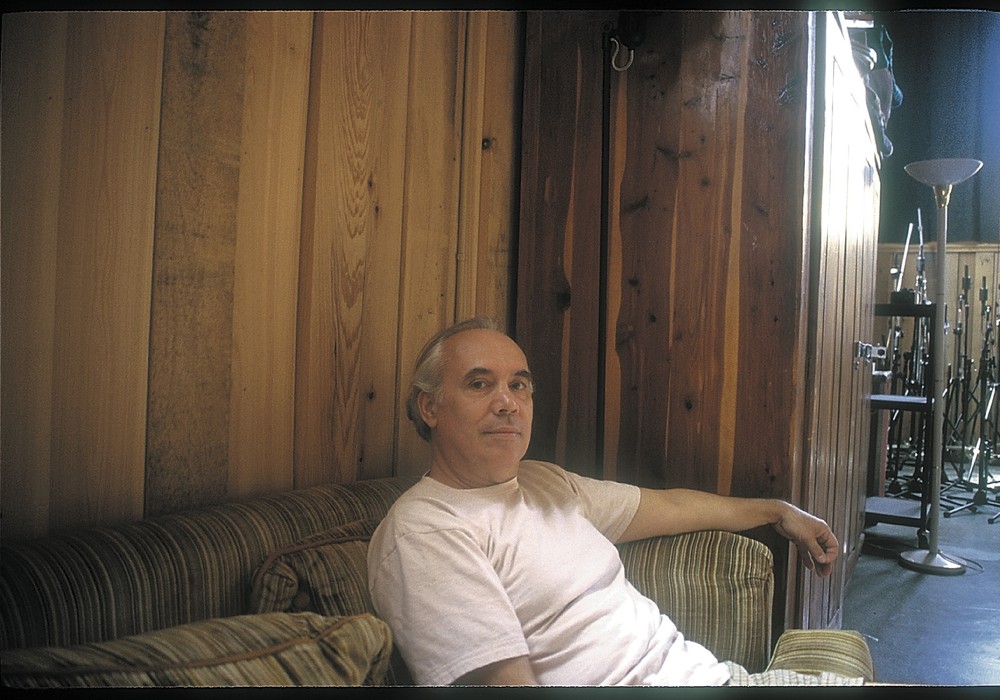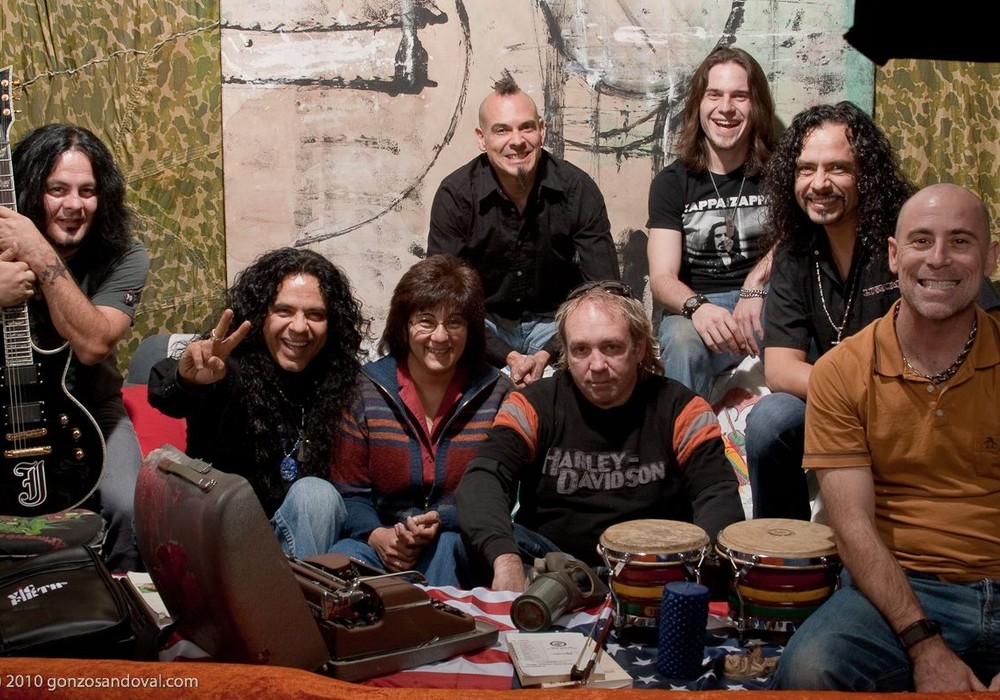Eddie Kramer worked humbly with the students of Terry Setter's Advanced Audio Engineering class at The Evergreen State College for four days. Regularly throughout the year he travels to schools and passes on his talents to a younger generation. Eddie makes a strong impact on those who meet him. I know he did on me. As a TESC Alum who has been working professionally in the recording industry for over seven years, it was interesting to watch this (world-traveled, New York Yankees hat-wearing) fireball personality challenge the Olympia, Washington, International Pop Underground kids. What a contrast! However, One thing about Eddie and TESC meshed perfectly — his vegan diet. I made many trips to the excellent Olympia Food Co-Op. Woah. So much has changed. But some things haven't....
Typically Eddie reviews demos sent by bands who would love to have him record them. He selects just one band, and just one song. Then we all (the class) spend three full days with pre-production, tracking, and mixing. Eddie worked exceptionally long hours and did not leave the control room until each day's work was done thoroughly and completely. We all got tired. We had our endurance tested. Many students fell off because the pressure was too great, just like in real life. What was so striking was how much Eddie cared about the music and the sounds we were getting. He was very passionate. Quality was his singular goal. When he got excited about a sound, he'd get grooving at the board, his head bobbing to the music — and then he'd turn quickly to the students for a 'thumbs up' or 'thumbs down' reaction.
Of course the other thing that was so exciting about Eddie's visit to TESC was his views on technology and protocol in the studio... Digital? Analog? You'll find his views later in the interview. More than once Eddie said "fuck it" when a piece of gear or technical issue threatened to get in the way of a take. The performance was invariably the top priority.
After hearing Terry Setter express his woes at trying to upgrade the audio systems of a state school, Eddie stayed up even later than usual one night writing three compelling proposals to bring TESC's audio resources up to modern specifications while still cherishing its firm analog base.
A quick look at Eddie Kramer's Discography almost says it all — but what I want to share with you is that I met a man seasoned in his years, giddy about recording, intense and focused with the talent, and eager to share. Eddie had a deep desire to connect and make something creative with perfect strangers. He demonstrated that passion is the irreducible ingredient in an audio career that shines through all changes in technology and in style.
Is the modern big studio dead or is there just a thinning going on where only the strong will survive?
Well, the large studio's usually live, not dead.
[laughs] That's true, but in the seventies they were dead. All of them.
Yes, unfortunately they were. But we were — actually the counterpart of that would be that Electric Lady Studios was actually a pretty live studio which was the complete opposite of what the studios were in the early seventies. We made some technical errors, but we corrected them with very heavy screens and that. There was some flutter and stuff that we fixed. It was a hardwood floor with carpet on the walls and quite a few reflective surfaces with a fairly high ceiling. But it had a nice, live, feel to it. And it still sounds great today, so we did something right there. But, going back to your question, it is a fact that most of the big studios are hurtin' bad.
Here in the Northwest you can get a lockout with a 2-inch room for about $400, $350.
That's frightening because those prices don't really reflect what the person has invested in the studio. And when you look at what, for instance, The Hit Factory has Criteria down in Miami. There must be $15 or $20 million into that place. I don't know how on earth they're gonna make that money back. I mean, they'd have to run all the studios 24 hours a day, 7 days a week for the next 10 years. I don't see it, but hey, whatever.
Have you noticed though, that there is a real downslide right now in terms of rooms having trouble getting top dollar and really squeezing for their rent?
Yes, there is because it's the Pro Tools revolution that has been upon us for the last four, five years and it shows no sign of abating. Unfortunately I'm forced into the position of having to use it. I have a love-hate relationship with it. I mean, I love it from the point of view that you can do amazing things with editing and all the autotuning and all the plug-ins, though I hate the plug-ins because I think they sound like crap. I mean, quite frankly the whole Pro Tools thing doesn't sound that great to me. And in the way that most top twenty record producers are working today, they are going analog first, in order to retain some of the warmth, and it's such an ironic thing. I bring this out in my lecture that ironically here we are in the year 2001 with these multimillion-dollar consoles, you know SSL 9000 for $900,000, digital machines and all the rest of it. And what is the first thing a producer does, he pulls out the tube mic, the tube preamp, the tube equalizer, the tube limiter, to make the digital sound better. So that's saying something, that we haven't advanced that much. However, there is a dividing line, and I think that dividing line is we are now at the stage where 24-bit 96 k is very good, and what's even better is the 192 k. And there we are very close, I would say, to reproducing exactly what's coming out of the console. Now, on the other side of that coin, you still need to warm the sound up. So the sound of tube amps, the sound of tube mic pres, the sound of tube mics- it is an integral part.
It's still a viable front-end...
I mean, digital just doesn't sound good when you hit it hard. It just goes ppllht (you can do what you want with that sound). The current joke now is, "Hey guys," (it's the producer talking) "That really sucked, come in, we'll make it work." And make it work in Pro Tools because who cares how bad it is. We'll throw it in and that horrible old phrase "We'll fix it in the mix" is even more prevalent because you can...
Now it's truly terrifying when someone says that because they sort of can.
It's terrifying. I mean, I really rue the day that this system came on board....
